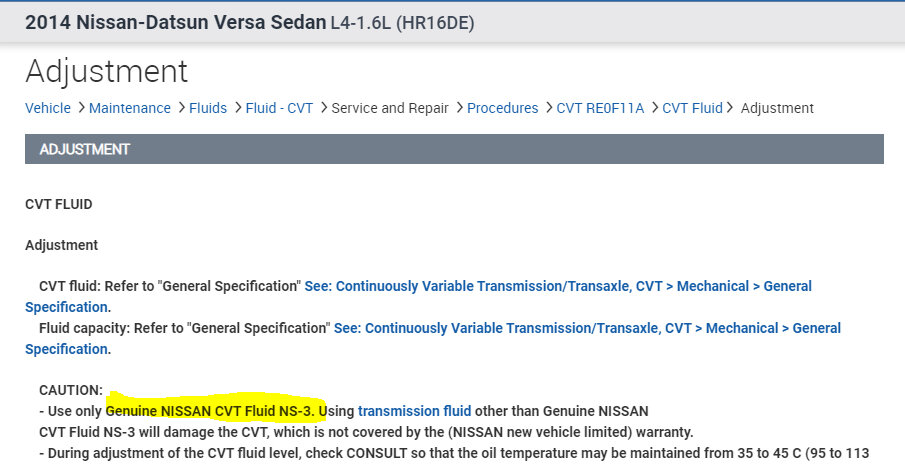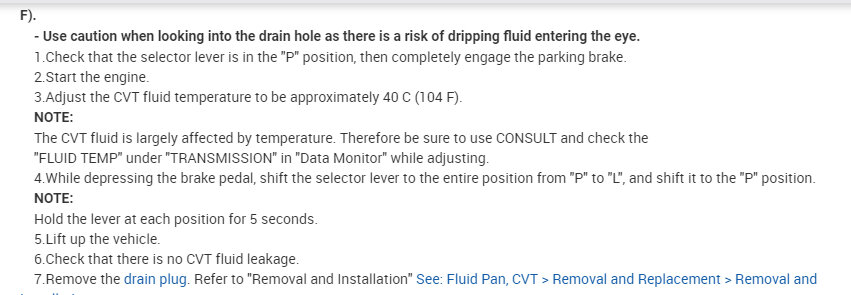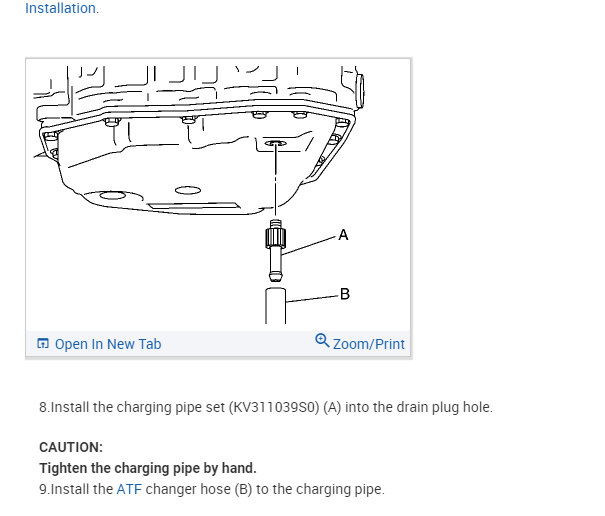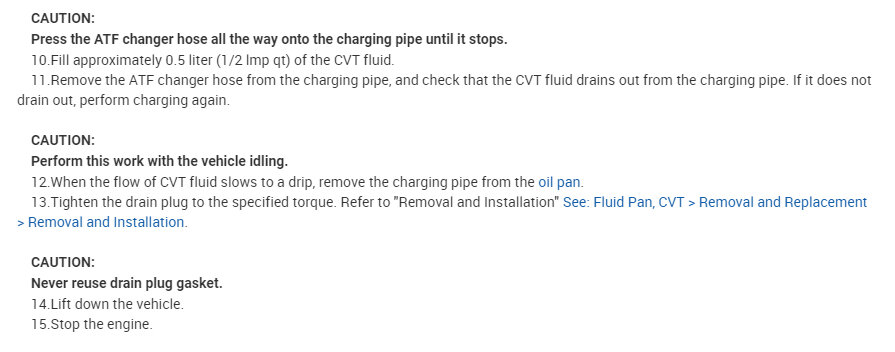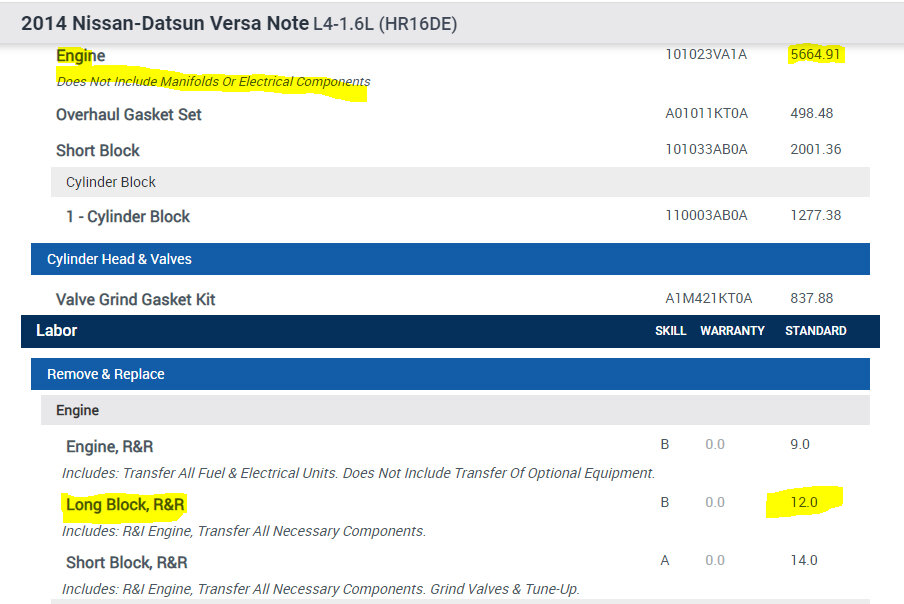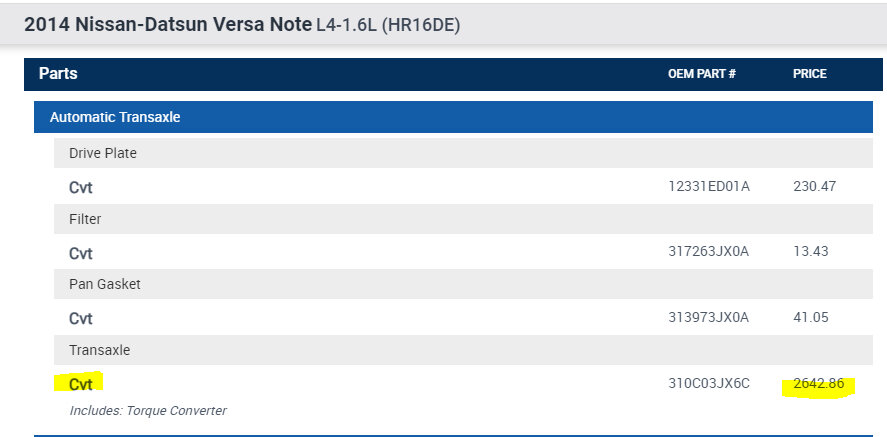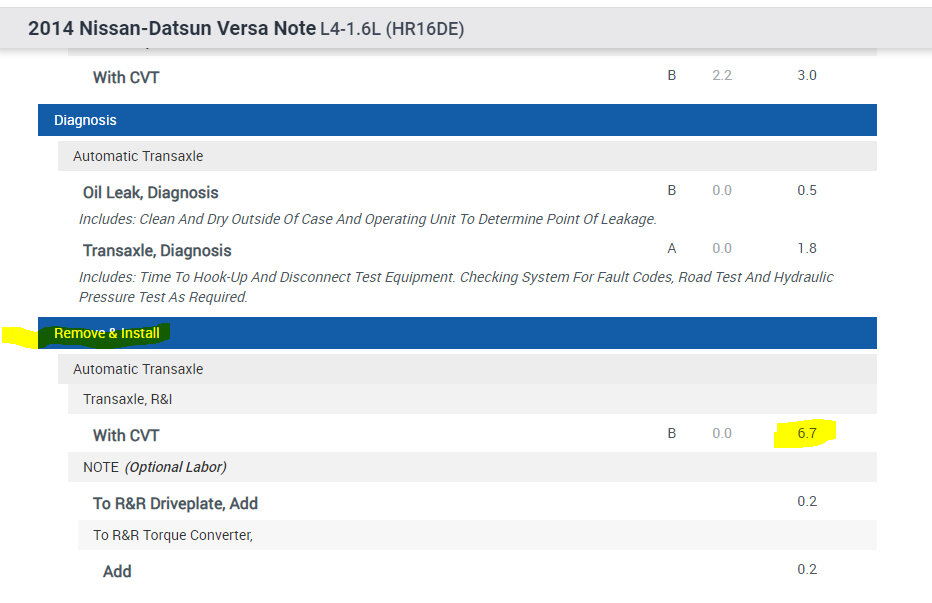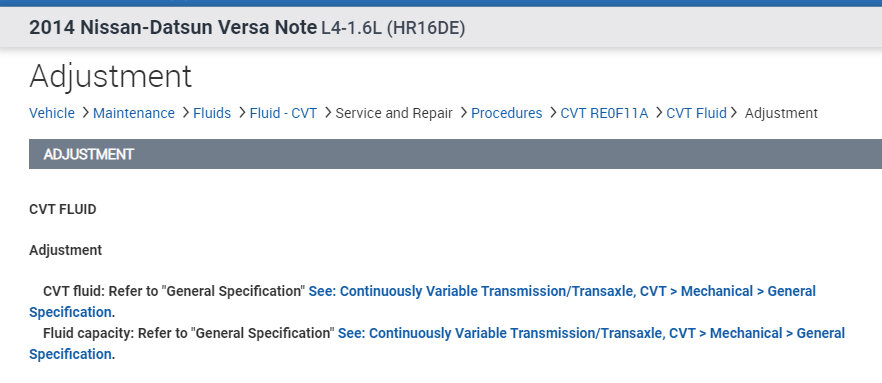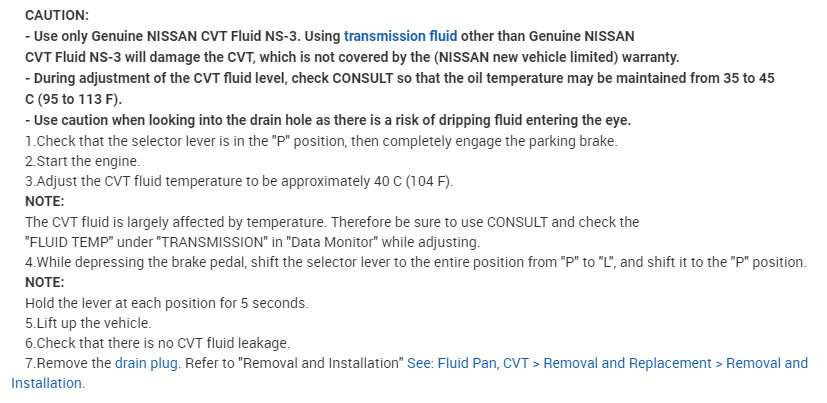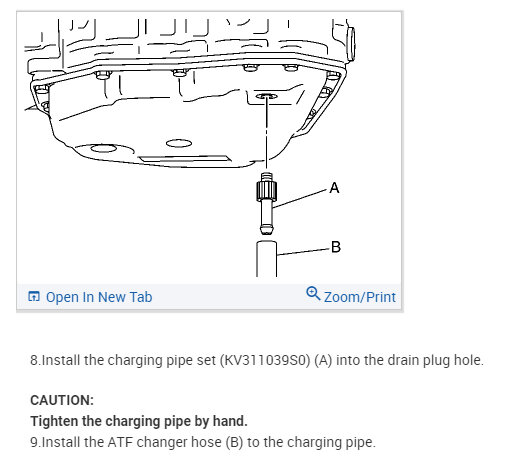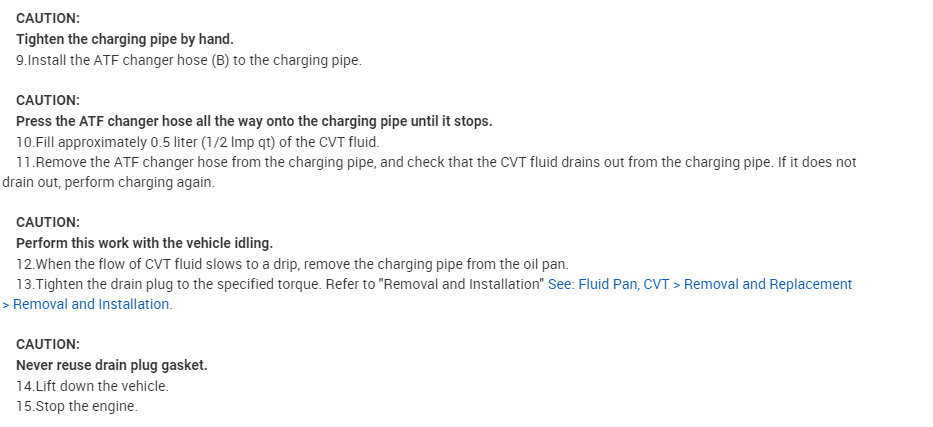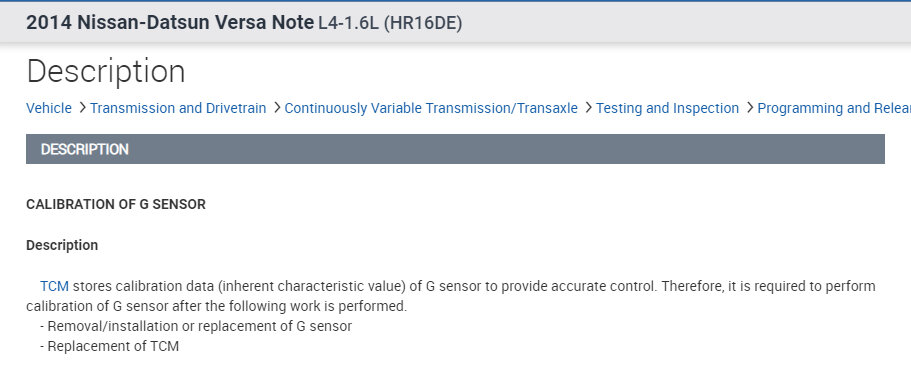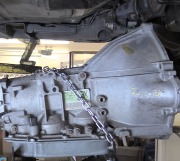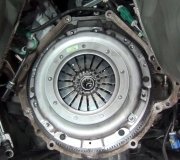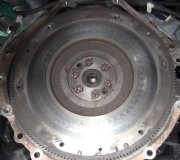Hi,
As far as oil changes, regardless of how many miles you drive and how quickly the miles add up, it shouldn't go beyond (in my opinion) 5K miles. If you reach that number of miles in 2.5 months, it still needs to be changed. Engines produce dirt internally. So, when it comes to changing oil, it is not as much an amount of time that passes, but rather how long the engine is used which we determine by miles driven. So, every 5K miles or every 12 months, whichever comes first.
Also, if you have delayed oil changes, yes, it can ultimately lead to internal engine issues. As mentioned, engines create dirt, the oil gets dirty, and eventually, it causes the oil passages in the engine to block. As a result, oil can't get to different components that need it.
As far as the engine locking, there are a number of things that can cause it. However, although there are many causes, ultimately the lock-up is caused by internal engine damage. You mentioned the term Magna Flux. That is a product used to check for cracks in engine blocks and cylinder heads. You also mentioned a rod knock. That is caused by excessive clearance between a bearing and what it is connected to, the crankshaft. The noise doesn't cause the failure, but rather, it is an indication there is a problem that will ultimately lead to failure.
Next, on many of the newer vehicles, a failed timing belt or timing chain can cause internal damage to the engine. Today's vehicles have very limited clearance between the top if the engine piston and the valves in the cylinder head. If timing is off or there is failure to the belt or chain, the top of the pistons can hit an open valve bending it. As a result, you would lose engine compression and likely need to replace the cylinder head. Can that happen to your vehicle's engine? It can. All modern Nissan engines are considered interference engines.
What can be done to increase the longevity of the powertrain, simply maintenance is our only defense. Of course, driving the vehicle normally helps. LOL
I do have a suggestion. When you purchase your next vehicle, try to stay away from the ones that have a CVT transmission. They are known to fail much faster than a traditional automatic transmission. Also, when one fails, in almost all cases, the repair is the replacement of the transmission.
Additionally, try to find a vehicle that doesn't have an interference engine. If you are questioning one, let us know and we should be able to tell you if it is or isn't an interference engine.
I hope I answered all your questions. Let me know if you have others.
Take care and Merry Christmas.
Joe
Saturday, December 24th, 2022 AT 12:03 PM
